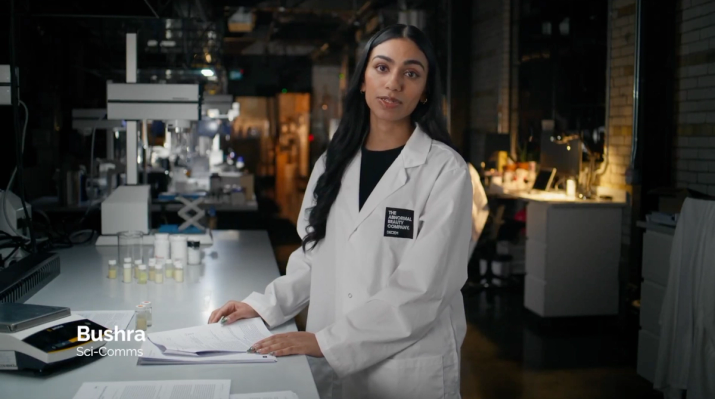Parabens are nothing to be scared of

[3 MIN READ]
Amended Safety Assessment of Parabens as Used in Cosmetics
Cherian P, Zhu J, Bergfeld WF, et al. Amended Safety Assessment of Parabens as Used in Cosmetics. International Journal of Toxicology. 2020;39(1_suppl):5S-97S. DOI:10.1177/1091581820925001.Parabens are ingredients found in many everyday products, including cosmetics. They act as preservatives, which means they stop bacteria and mould from growing and spoiling the products. This helps to keep the products safe to use for a longer time. However, concerns have arisen about the safety of parabens and whether they might be bad for our health.
One of the main worries about parabens is that they might be endocrine disruptors. This means they could potentially interfere with our hormones, which are chemical messengers that control many important functions in our bodies, like growth, sleep, and mood.
Another concern is that parabens have been found in breast cancer tissue, leading some people to believe they might cause breast cancer. However, scientists always consider that while there may be a connection between two things, it does not mean one was caused by the other—in this case, there is no evidence of a direct causation link between the two.
To make sure parabens are safe to use in cosmetics, scientists have conducted numerous studies on them. These studies look at how parabens are absorbed through the skin, how they travel through the body, and how they are eventually broken down and removed. They have performed studies to see if people who use products containing parabens are more likely to develop health problems. This type of research is called epidemiology, and it helps scientists understand how things in our environment might affect our health.
The results of all these studies show that parabens are rapidly broken down by the body and don't stick around for very long. This means that even if we absorb some parabens through our skin, our bodies can get rid of them quickly.
While some studies have shown weak estrogenic activity (meaning they can act like the hormone estrogen) in lab settings, the levels of parabens used in those studies were much higher than what people are typically exposed to in cosmetics. Also, these effects were not always consistent or seen in all studies.
As for the breast cancer connection, more research is needed to understand if there is a real link. The study which detected parabens in breast cancer tissue was not found to be reliable evidence for a connection with breast cancer in this review, since it did not include samples collected from healthy patients in order to demonstrate a comparison.
Overall, the scientific evidence suggests that parabens are safe to use in cosmetics at the current levels allowed. Independent groups of experts around the world, like the Scientific Committee on Consumer Safety in Europe and the Cosmetic Ingredient Review Expert Panel in the US, have assessed the safety of parabens based on a large amount of scientific data, and considering daily exposure through multiple products. These agencies have set limits on the amount of parabens allowed in cosmetics, agreeing on a limit of 0.8% of total paraben content per product. One exception is benzylparaben–which is banned in the European Union–as there isn’t enough data to form an opinion.
So, while it's good to be aware of the ingredients in the products we use, the evidence shows that parabens are not a major cause for concern when used in cosmetics at the levels currently permitted.
For further information read the full paper.
Deciem's parent company, The Estee Lauder Companies, is a member of the Personal Care Products Council ("PCPC"), the rightsholder of this article. Neither the publishers, the journal, PCPC, nor the author(s) endorse Deciem, The Ordinary or its brands and products.